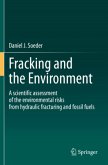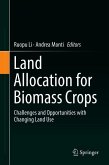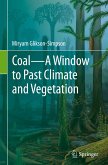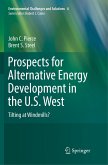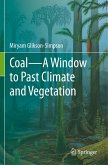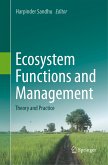This book provides a systematic scientific approach to the understanding of hydraulic fracturing (fracking) as a hydrocarbon extraction technology and its impact on the environment. The book addresses research from the past decade to assess how fracking can affect air, water, landscapes and ecosystems, and presents the subject in the context of the history of fracking and shale gas development in the United States, describing what is known and not known about environmental impacts, and the broader implications of fossil energy use, climate change, and technology development. In 9 chapters, the author lays out how and why hydraulic fracturing was developed, what driving forces existed at the beginning of the so-called "shale revolution", how success was achieved, and when and why public acceptance of the technology changed.
The intended audience is scientific people who are concerned about fracking, but perhaps do not know all that much about it. It is also intended for lay people who would be interested in understanding the technical details of the process and what effects it might or might not be having on the environment. The book is written at a level that is both understandable and technically correct. A further goal is to give some useful insights even to experienced petroleum geologists and engineers who have been doing fracking for many years.
The intended audience is scientific people who are concerned about fracking, but perhaps do not know all that much about it. It is also intended for lay people who would be interested in understanding the technical details of the process and what effects it might or might not be having on the environment. The book is written at a level that is both understandable and technically correct. A further goal is to give some useful insights even to experienced petroleum geologists and engineers who have been doing fracking for many years.


